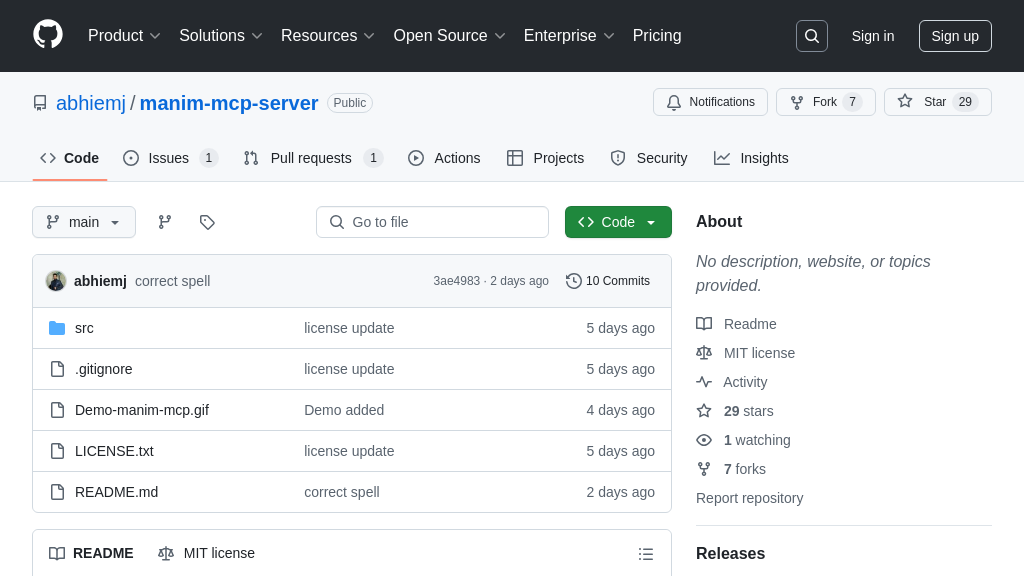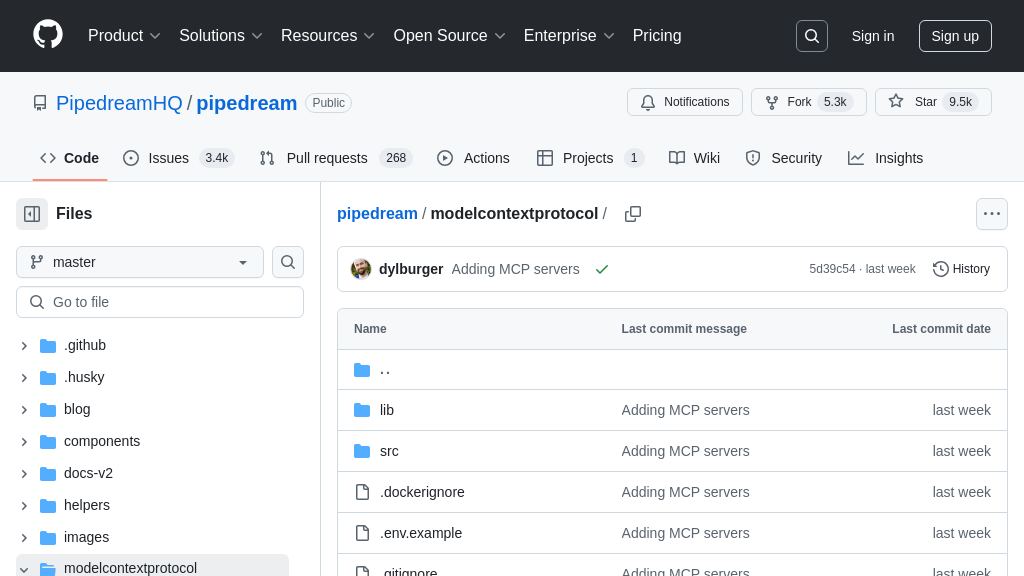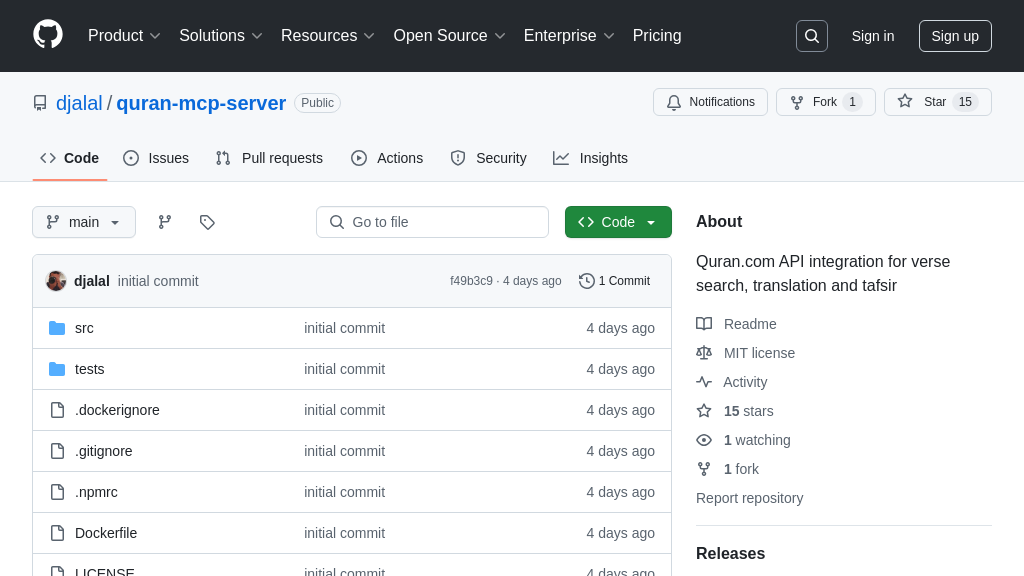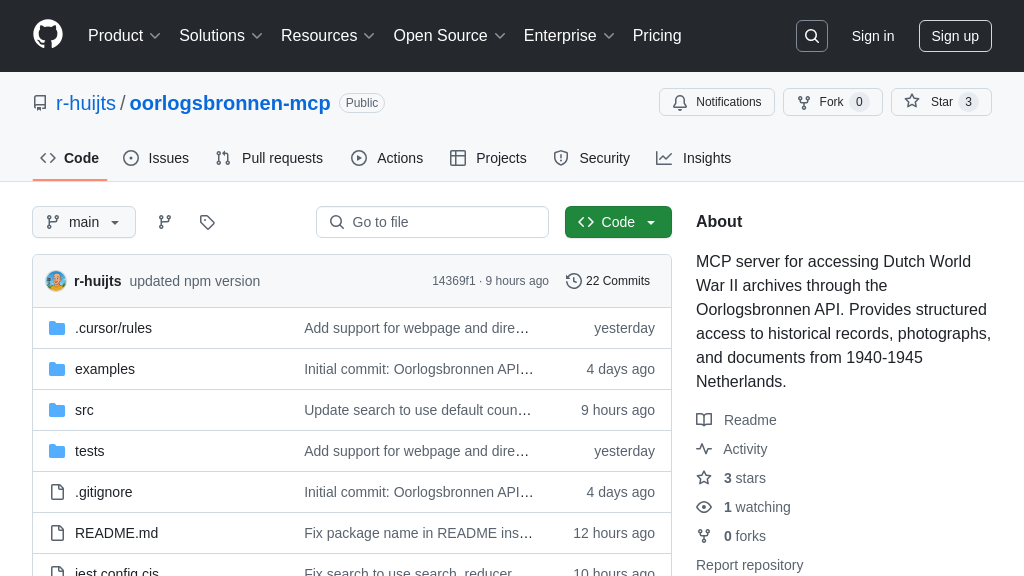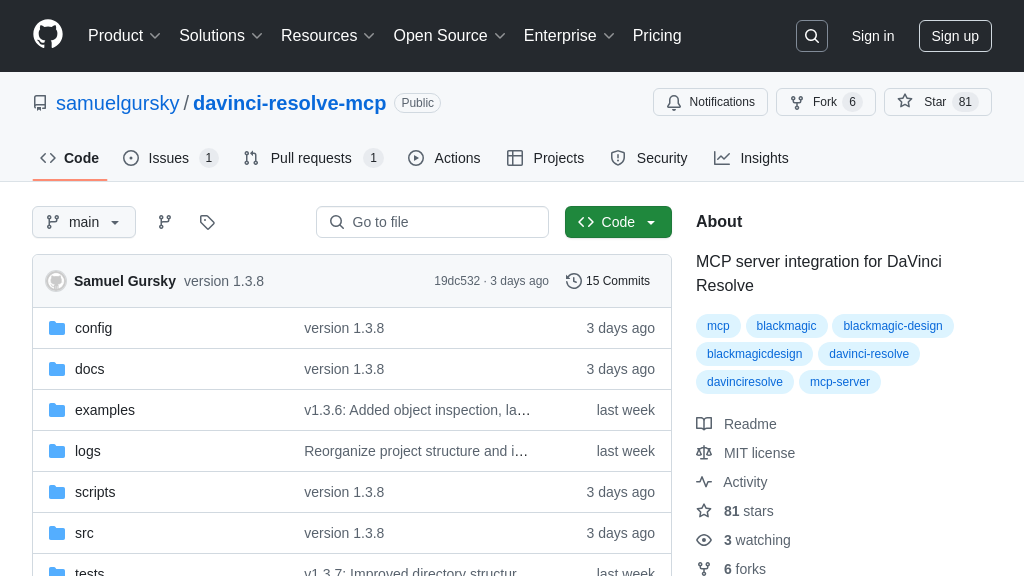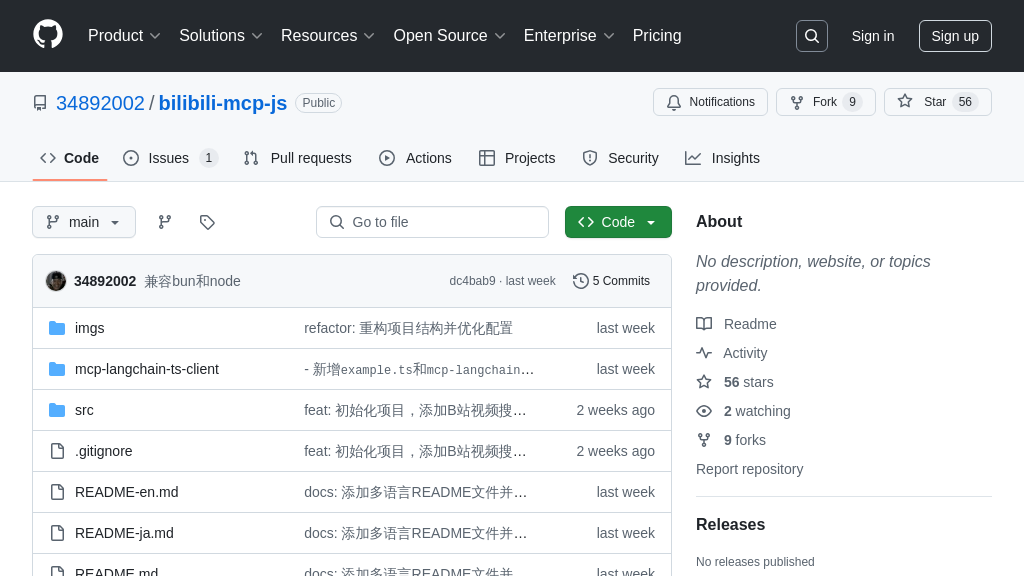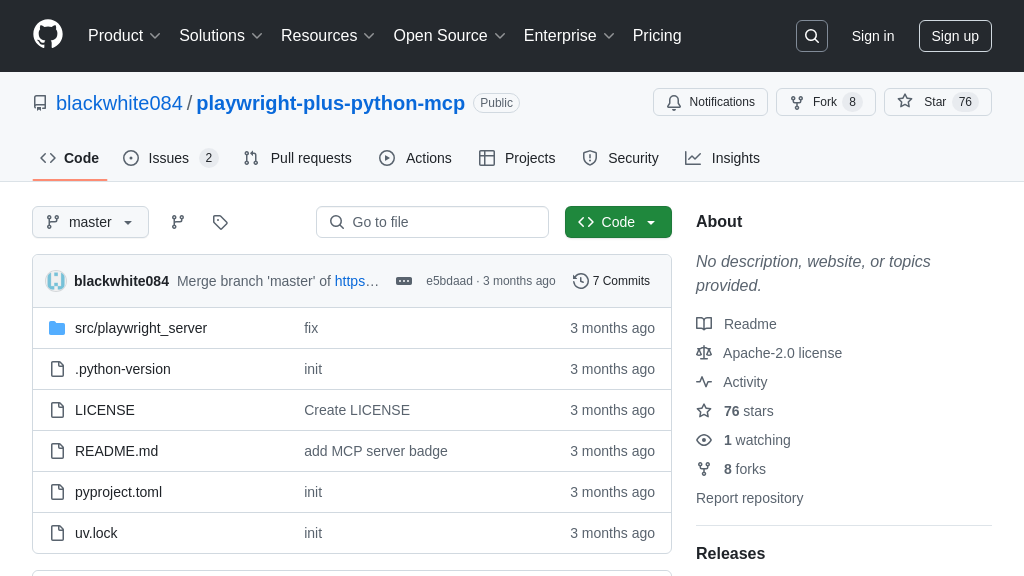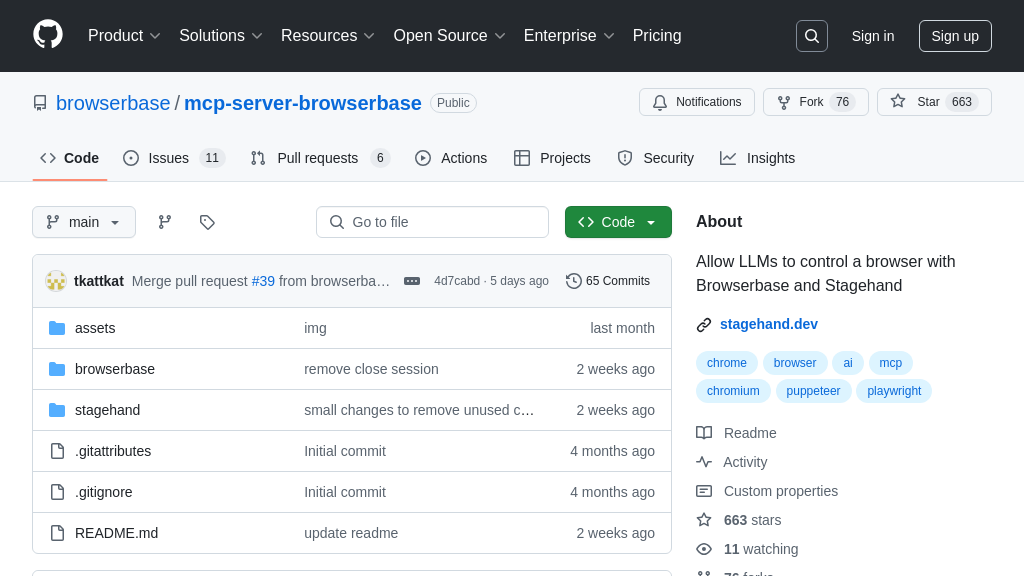MCP_Security
MCP_Security: An MCP server for threat intelligence via ORKL API.
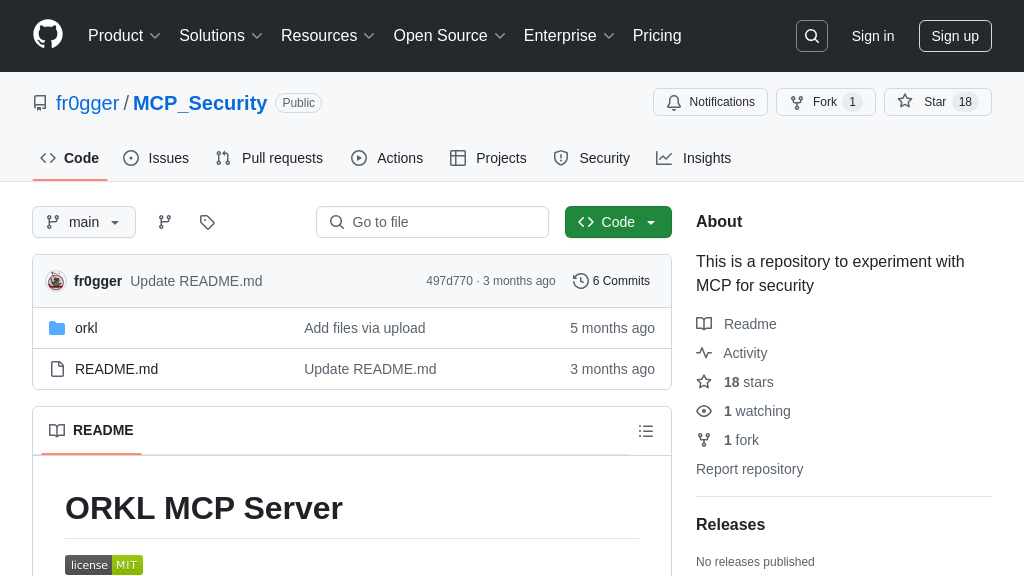
MCP_Security Solution Overview
MCP_Security is an MCP server designed to enhance AI models with real-time threat intelligence. It provides tools to fetch and analyze threat reports, threat actors, and sources, enabling AI models to make more informed security decisions. Seamlessly integrated via the MCP protocol, it offers functionalities like fetching the latest threat reports, retrieving detailed information on specific threats or actors, and accessing source metadata.
This server empowers developers to build AI-driven security applications that can proactively identify and respond to emerging threats. By providing structured access to ORKL's threat intelligence API, MCP_Security eliminates the complexity of direct API integration. The core value lies in its ability to enrich AI models with up-to-date security context, improving their accuracy and effectiveness in threat detection and response. It's implemented as a Python-based server, easily deployable and configurable within MCP-compatible environments.
MCP_Security Key Capabilities
Threat Report Retrieval
MCP_Security provides AI models with the ability to fetch and analyze threat reports from the ORKL API. This functionality is exposed through two primary tools: fetch_latest_threat_reports and fetch_threat_report_details. The former allows the AI to retrieve a list of recent threat reports, including their titles and IDs, providing a high-level overview of the current threat landscape. The latter enables the AI to delve deeper into specific reports by ID, extracting detailed information for comprehensive analysis. This allows AI models to stay up-to-date on emerging threats and understand the specifics of individual incidents. For example, an AI-powered security analyst could use these tools to automatically identify and summarize new ransomware campaigns, providing security teams with actionable intelligence. The technical implementation involves making API calls to the ORKL service and parsing the returned JSON data.
Threat Actor Identification
This feature allows AI models to identify and analyze threat actors using the ORKL API. The tools fetch_threat_actors and fetch_threat_actor_details are used to achieve this. fetch_threat_actors provides a list of known threat actors with their IDs and names, enabling the AI to quickly identify relevant actors. fetch_threat_actor_details allows the AI to retrieve detailed information about a specific threat actor by ID. This includes information such as their known tactics, techniques, and procedures (TTPs), as well as their targets and motivations. This information can be used to improve threat detection and prevention efforts. For example, an AI model could use this feature to identify threat actors targeting a specific industry and proactively implement security measures to protect against their attacks. The technical implementation involves querying the ORKL API for threat actor data and parsing the results.
Threat Intelligence Source Tracking
MCP_Security enables AI models to track and analyze the sources of threat intelligence data. The tools fetch_sources and fetch_source_details facilitate this functionality. fetch_sources allows the AI to retrieve a list of sources used in threat intelligence, providing an overview of the available data providers. fetch_source_details enables the AI to retrieve detailed metadata for a specific source by ID, including information such as the source's reliability, coverage, and update frequency. This allows AI models to assess the quality and trustworthiness of threat intelligence data, ensuring that decisions are based on reliable information. For example, an AI-powered threat intelligence platform could use this feature to automatically evaluate the credibility of different threat feeds and prioritize alerts based on the reliability of the source. The technical implementation involves interacting with the ORKL API to retrieve source metadata and presenting it to the AI model in a structured format.
